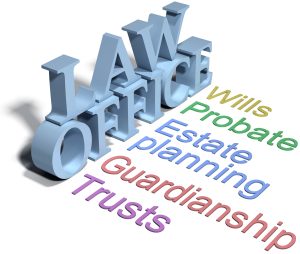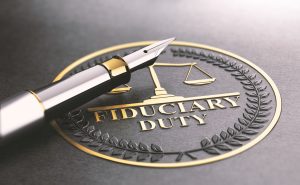 As a New York Probate and Guardianship attorney there are many instances where the relationship between third-parties and a Decedent or Incapacitated Person raise cause for concern. The effects of elder abuse or undue influence can disrupt or obliterate what might have been an entirely different disposition of a person’s assets.
As a New York Probate and Guardianship attorney there are many instances where the relationship between third-parties and a Decedent or Incapacitated Person raise cause for concern. The effects of elder abuse or undue influence can disrupt or obliterate what might have been an entirely different disposition of a person’s assets.
The New York Guardian statutes contained in Article 81 of the Mental Hygiene Law make provision for the appointment of a Guardian for a person’s personal needs and property management. The essential element of the statute is appointing a Guardian for someone who is incapacitated. Mental Hygiene Law §81.02 entitled “Power to appoint a guardian of the person and/or property; standard for appointment” provides that incapacity requires a determination that someone is likely to suffer harm because they cannot provide for their needs and are unable to appreciate and understand their disability. In many instances Guardianship proceedings are commenced due to various cognitive and other mental or physical issues which drastically inhibit a person’s ability to function. It is under these circumstances that third parties may take advantage of a person’s vulnerability.
It is not uncommon to find that an incapacitated person’s finances have been manipulated or appropriated. Ownership papers such as deeds and financial accounts may be wrongfully transferred or names added providing for easy access to an unwanted person. Fortunately, the Guardianship laws contain provisions whereby a Guardianship Court can undue this type of damage. Proceedings can be brought in the Court to force a wrongdoer to return or turn over wrongfully obtained assets. Mental Hygiene Law §81.29 allows the Court to revoke a power of attorney, a health care proxy, a contract or conveyance which the Court finds was made during incapacity. However, notwithstanding this broad power, the Guardianship Court cannot revoke a Last Will and Testament. If a Last Will was executed at a time when a person may have been improperly influenced or lacking capacity, the challenge to the document would have to take place after death in the Surrogate’s Court.
 New York Probate Lawyer Blog
New York Probate Lawyer Blog








